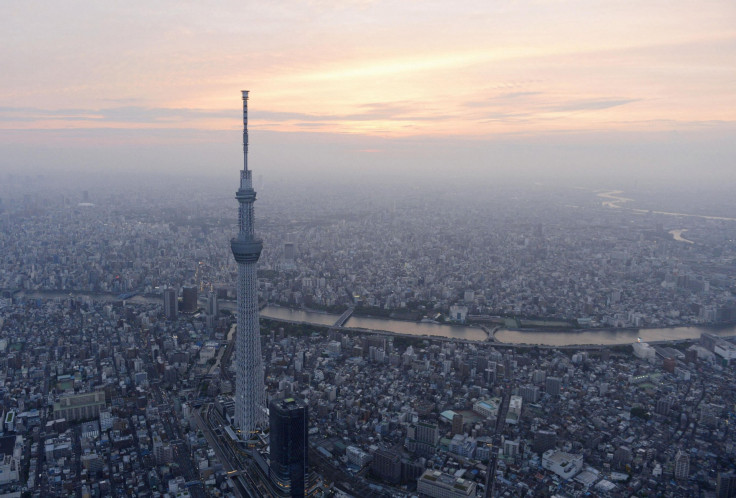Japan Battles With Dengue Outbreak In Tokyo; Yoyogi Park Closed

Japan is struggling to contain its first major outbreak of dengue fever in the last 70 years. The source of the disease’s outbreak has been traced back to mosquitoes breeding in one of Tokyo’s most popular public parks.
Japan’s health ministry on Wednesday confirmed that 11 more people have been infected with the virus after visiting Yoyogi Park. This brings the total count of people infected with dengue in the country to 47 since Aug. 27 when the first case, involving a teenage girl being diagnosed with the disease, was reported, according to the Telegraph. Yoyogi Park has since been closed, Agence France-Presse, or AFP, reported Thursday, adding that no one has died from the latest outbreak in the country.
Norihisa Tamura, Japan’s health minister, reportedly said that experts have sought to downplay concerns about the spread of the disease, which some say could spread “explosively.”
"I ask that people remain calm," Tamura reportedly said.
The health ministry said that all the people who have fallen ill from the disease are in stable condition, although a few still remain hospitalized, according to the Telegraph.
Yoyogi Park is one of the largest green spaces in densely-populated Tokyo, and the city’s officials have reportedly begun trapping mosquitoes in the park in an attempt to determine how many of the insects are carrying the life-threatening virus. More than 200 gallons of insecticide have also been sprayed throughout the park and, before the park was closed Thursday afternoon, visitors were reportedly warned to wear long-sleeved shirts and trousers as well as to seek medical assistance if they develop a fever.
Dengue, a tropical disease for which there is no effective vaccine yet, spreads through the bite of the Aedes aegypti mosquito of the Aedes genus of the species. The mosquito, which originated in Africa and spread to other tropical and subtropical regions around the world, can be recognized by the white markings on its legs and a mark in the form of a lyre on its thorax.
Dengue is characterized by the onset of a sudden fever, headache, muscle pain, rashes and, in extreme cases, the disease can cause severe bleeding that can be life-threatening. The disease infects between 50 million and 528 million people worldwide every year, leading to half a million people being hospitalized and about 25,000 deaths annually, according to the Oxford Journal. Southeast Asia is estimated to have about 3 million infections and 6,000 deaths annually, according to the PLOS Neglected Tropical Diseases Journal.
The disease has seen a 30-fold increase in cases between 1960 and 2010, according to the World Health Organization. Dengue, which was once confined to Southeast Asia, has now spread to southern China, countries in the Pacific Ocean, as well as the U.S. and Europe, because of a combination of urbanization, population growth, increased international travel and climate change.
© Copyright IBTimes 2024. All rights reserved.





















